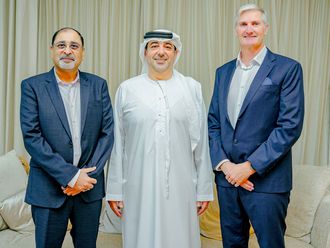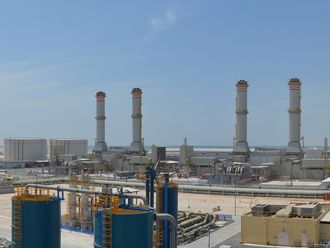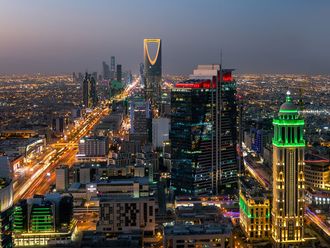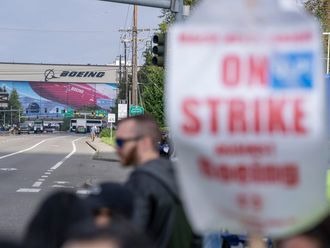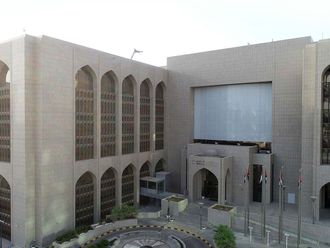Singapore/Moscow : Russian oil giant Lukoil has resumed gasoline sales into Iran together with China's state-run firm Zhuhai Zhenrong, even as the US urges the global community to be tough with Tehran.
Iran is the world's fifth-largest oil exporter but lacks adequate refining capacity to meet domestic demand for motor fuel, forcing it to import up to 40 per cent of its requirements.
Russia and China, both permanent members of the UN Security Council, signed up to the latest round of sanctions on Iran, but refused to support measures that targeted the Islamic Republic's oil and gas sector.
The US has since passed additional unilateral sanctions allowing it to penalise fuel suppliers to Iran, measures criticised by both Beijing and Moscow.
Moscow is struggling to balance trade ties with Tehran and warmer relations with the US, which is eager for Kremlin support to rein in Iranian nuclear activities Washington says it believes are aimed at developing a nuclear bomb.
In July, Russia's energy minister Sergei Shmatko said Russian companies would be ready to supply fuel to Iran if there were commercial interest and attractive terms. Lukoil has the largest US presence among Russian firms. In April, it joined a growing list of companies that halted shipments as sanctions loomed.
Then sources familiar with the company said traders involved in gasoline trading with Iran at the Russian energy giant had received verbal direction from senior management to halt business activity.
But Lukoil's trading arm, Litasco, and Zhenrong discharged a 250,000-barrel gasoline cargo at the Iran-ian port of Bandar Abbas last week, industry sources said.
Geneva-based Litasco was expected to ship a second cargo of the motor fuel to Bandar Abbas later this week, traders said.
A Lukoil spokesman said "one-off deliveries (to Iran after it decided to stop the shipments in spring) took place within the frame of previously signed contracts." The spokesman declined to give more details. It was unclear if either of these shipments to Bandar Abbas formed part of the previously signed contracts.
Later on Wednesday, Litasco issued a statement saying it had no existing obligations to supply Iran.
"Litasco SA and its subsidiaries are currently not engaged in the supply of refined products to Iran, have no existing contractual obligations to supply Iran with refined products and do not have partnerships with any firms to do so," it said.
Chinese companies have delivered about half of Iran's gasoline imports in recent months. State-run Zhenrong is the single largest lifter of Iranian crude oil.
Lukoil has significant exposure in the US, with 1,500 retail gasoline stations. ConocoPhillips owns 20 per cent of Lukoil's share, but in July announced its plans to sell the entire stake and use the funds to buy back shares.
The Russian firm recently said it would buy back 40 per cent of Conoco's 20 per cent stake in the company with an option to buy back the remaining 11.61 per cent.
The European Union also passed sanctions that target oil and gas investment in Iran.
With increasing pressure from the US and its Western allies, many international oil companies and trading firms have been forced to halt their supply to Iran, fearing a backlash.
"No company wants to be blacklisted by the United States or for that matter, the European Union, so most companies have just decided to let it go," a trader said.
Since the start of the year international oil companies such as Royal Dutch Shell, France's Total along with Reliance Industries, the world's largest private refiner, have stopped supplying Iran with gasoline. Others that have stopped supply include Swiss based traders Glencore
"It is certainly getting harder for Iran to buy gasoline from the international spot market... sellers are mindful of the tougher sanctions environment," an Asia-based trader said.


